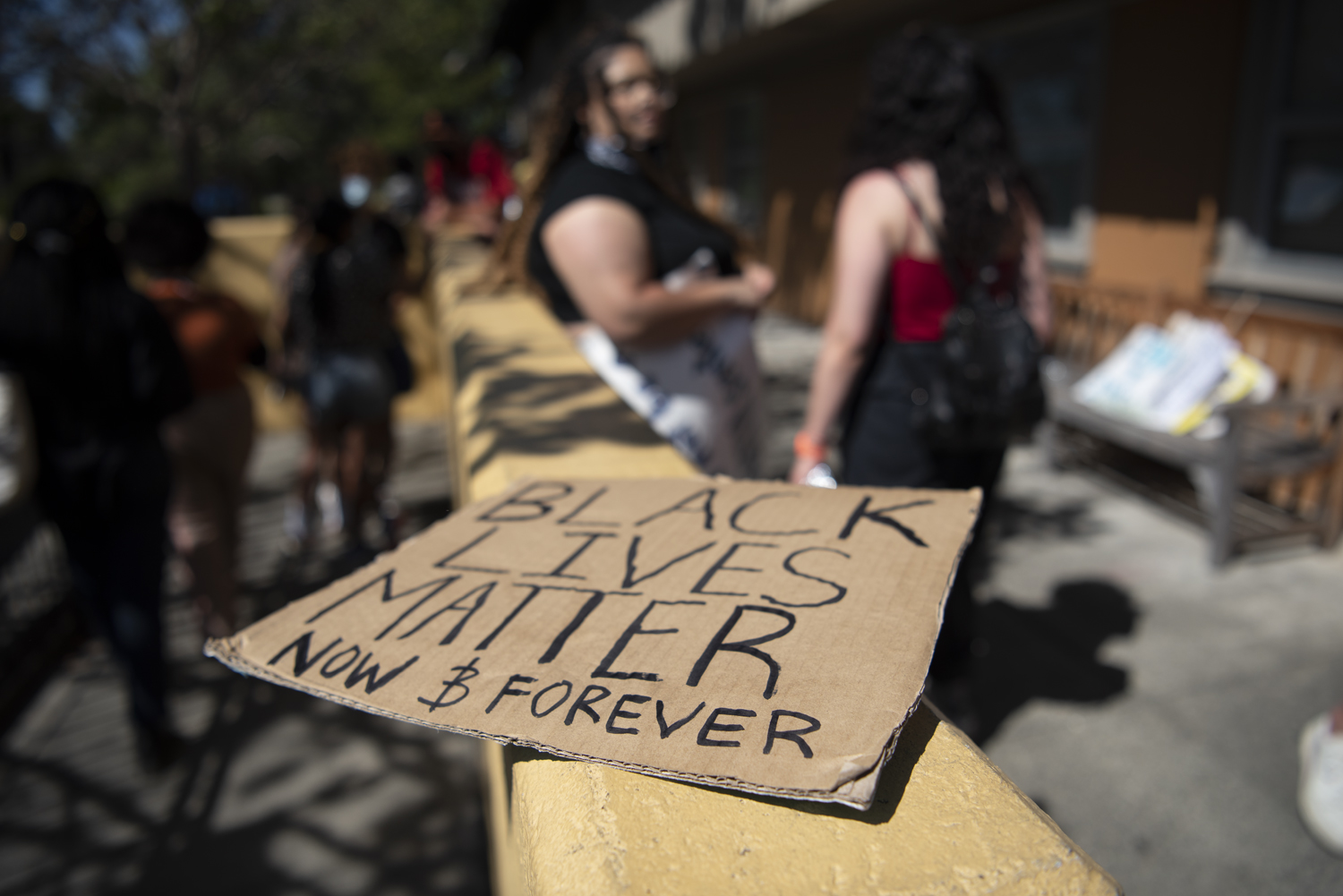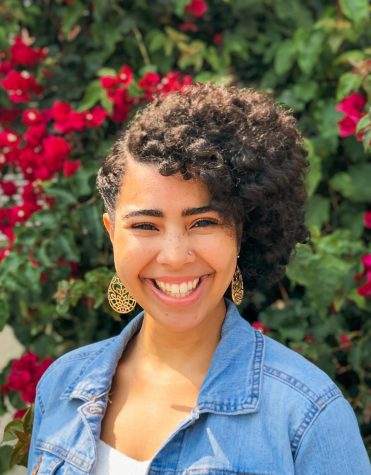Our world is in the midst of a racial reckoning.
The brutal murders of Ahmaud Arbery and Breonna Taylor set a racial tone in America with the backdrop of a global pandemic that has revealed longstanding injustices for African Americans in particular. Tension and anxiety surrounding the coronavirus have exacerbated the effects of their deaths. The murder of George Floyd on May 25 was the final blow, and unrest quickly erupted in a mighty chorus of “Black Lives Matter.” And now, in the wake of the shooting of Jacob Blake, the sports world has boldly joined in this cry for justice.
This moment is revolutionary and cannot be ignored or condemned by the Church.
JUSTICE IS GOD’S HEART
God created all human beings to carry his likeness (Genesis 1:26). Because we all bear the image of God, to be unjust toward another is to effectively spit in the face of God.
In Matthew 25:31-46, Jesus explains that what is done to the least of these is inadvertently done to him, both in care and mistreatment. How we treat the least of these—the marginalized and oppressed—is synonymous with our treatment of God because the least of these reflect Jesus. Throughout his ministry Jesus healed on the Sabbath (Luke 13:10-17), and by doing so he protested for justice. If the Church is called to follow in the footsteps of Jesus, we need to be walking humbly on the frontlines of doing justice and showing mercy.
God’s heart bleeds for redemption and justice. That is reflected clearly all throughout the Bible. Since, according to Paul, the Church has been given the extremely difficult ministry of reconciliation (2 Corinthians 5:18-19), it is imperative that we lead the pursuit of repentance, justice and forgiveness together. And without the Holy Spirit, none of that is possible.
RELEVANCE TO OUR MOMENT
The Church should not be 100% behind the Black Lives Matter organization, nor any other man-made movement or platform. The Church simply needs to agree that Black lives do, in fact, matter and that actions should be taken to repair what has been broken. The image of God in the Black community has been routinely abused for centuries and the white American Church has played a large part in that abuse.
Jesus showed humanity mercy by not condemning us to death, so when we talk about corrupt people being brought to justice we should do so with humility and not rush to judge them. Whether the topic is protesting, reparations or voting, grace and mercy are required of both sides to even start a discussion—let alone reconcile.
GETTING PRACTICAL
Just as the fruit of the Spirit naturally grows when we steep ourselves in the Holy Spirit, so too will the actions of anti-racism naturally happen when we do the work within ourselves first. Our surroundings will look, sound and feel different when we internally evolve, because real change happens from the inside out.
For the Church to take action for justice, major transformation should take place on a personal level first. Individuals should take it upon themselves to learn about the history of American racism and discern the Church’s role in fighting for equity. The work will be deep and painful, but God has given us the Holy Spirit to be our advocate and help.
However, nothing should be done in isolation. Anti-racism should permeate every area of our lives. After educating yourself, include others in your community so you can work together to address and dismantle the unjust systems around you.
There are countless resources available for the Church to engage this moment. Biola has annually hosted SCORR conference in the spring, Biola’s own Board of Trustees member Bryan Loritts recently released his book “Insider Outsider”. Jemar Tisby’s book and mini-series “The Color of Compromise” and Latasha Morrison’s “Be the Bridge” book and curriculum are other great resources.
CONCLUSION
As ambassadors of the kingdom with the Holy Spirit dwelling inside of us, the Church should be mobilizing in the chaos of this moment, not becoming more fragmented. Reconciliation is the gospel. And this is not only a Black/white issue. Reconciliation is for everyone, no matter one’s race, ethnicity, nationality, gender, socioeconomic status or sinful past.
The accuser would love nothing more than for the body of Christ to cling to disunity when the world needs our hope the most. Will we let the enemy win?












